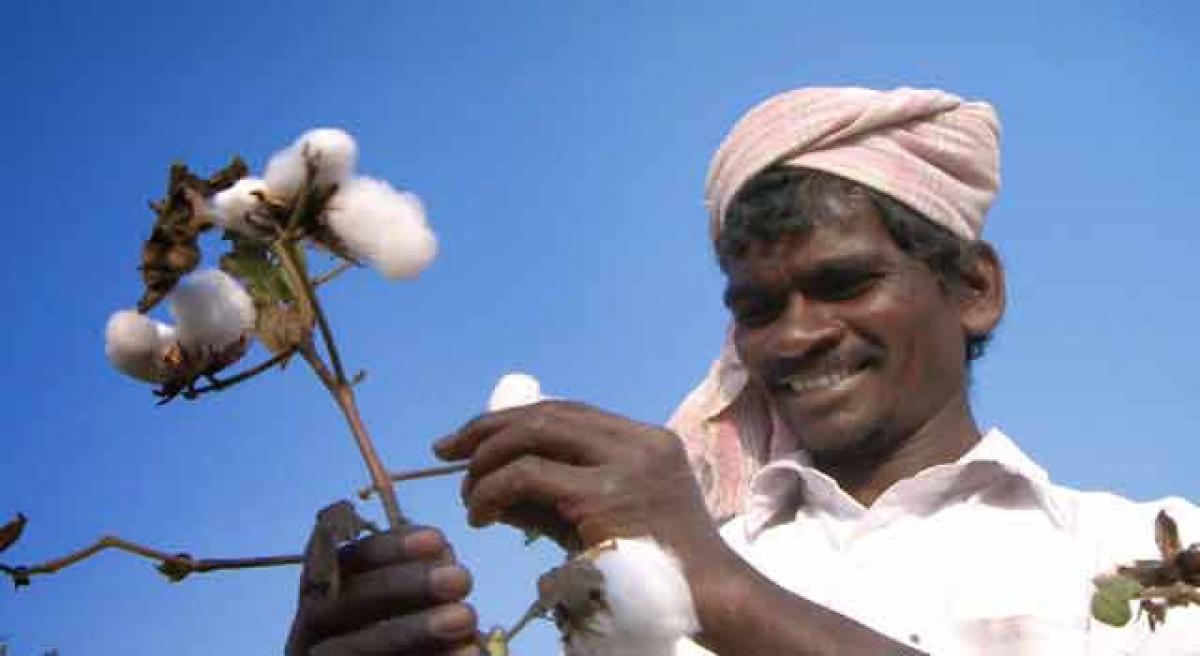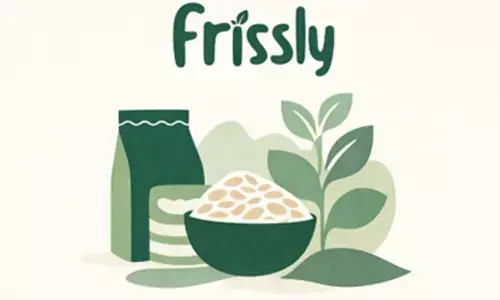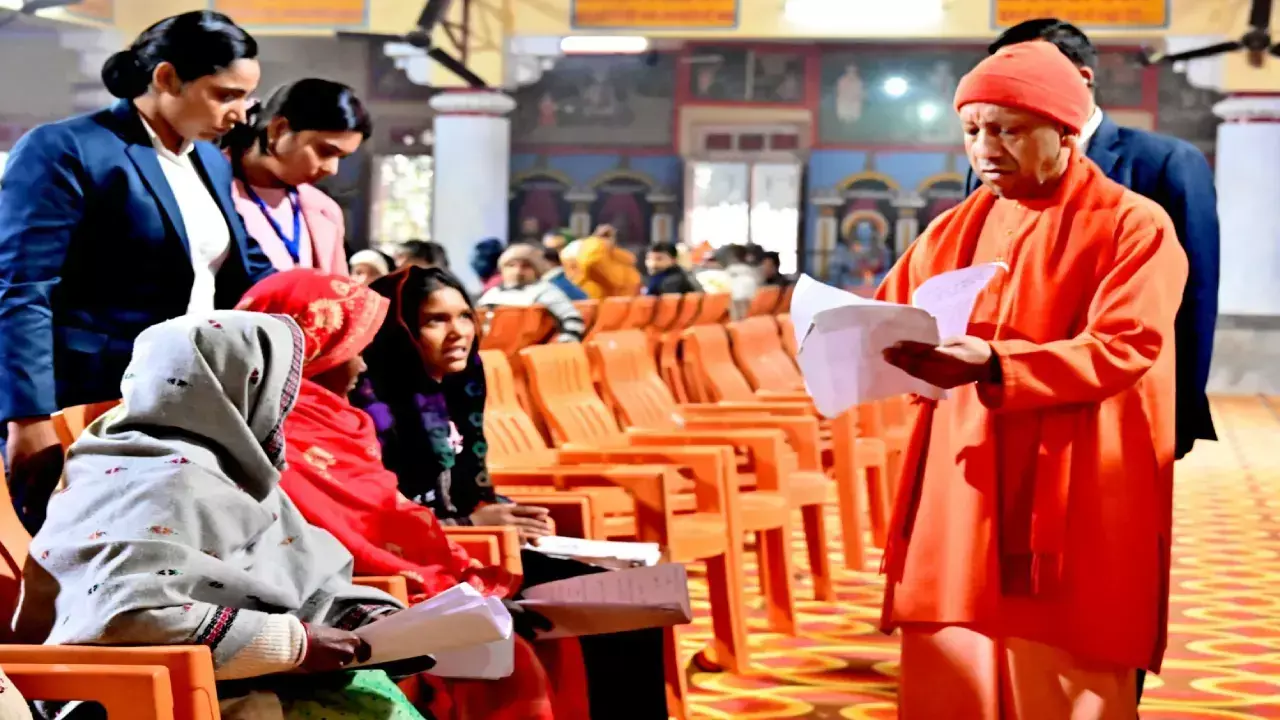Cotton farmers get level playing field

After a long struggle, India succeeded in getting the subsidies on cotton in developed countries eliminated to provide a level-playing field for Indian cotton producers.
New Delhi: After a long struggle, India succeeded in getting the subsidies on cotton in developed countries eliminated to provide a level-playing field for Indian cotton producers.
India succeeds in getting cotton subsidies in developed countries withdrawn
The long-pending demand of the Indian farmers and their persistent pressure finally paid off as the developed countries committed themselves to the elimination of subsidies at the Nairobi Ministerial Decision on Cotton Export and Competition.
The Commerce Ministry on Wednesday clarified that India's push at the global level for elimination of subsidies on cotton in the developed countries fructified and Indian cotton growers could now compete with others in the global market now.
Apart from this, it would also prevent dumping of subsidised cotton into India. Reaffirming the government's commitment to the welfare of cotton farmers, a release of the Ministry on Wednesday said the high level of subsidies in the developed countries were cause of serious concern all the while as these adversely affected the poorer countries.
Cotton is a very important crop and very high level of subsidies in the developed countries has been a cause of worry for the developing countries. The subsidies provided in these countries adversely affect the cotton growers in the poorest of the countries.
The Uruguay Round Agreement on Agriculture (AOA) permitted export subsidies on agriculture subject to the limits set-out in Members' Schedules of Commitments. Export subsidies could still be used by WTO members, but only where they used them during the base period(1986-1988).
As India did not have any export subsidies during the base period, it was not entitled to any export subsidies except subsidies aimed at reducing the cost of marketing including internal and external transport as well as handling and processing costs provided that these were not applied in a manner that would circumvent export subsidy reduction commitments.
This exemption was one of the special and differential treatment provisions of the AOA and was available during the implementation period of the Uruguay Round.
The implementation period of the AOA has now ended and, therefore, some of the members had been arguing that the special and differential treatment provisions under Article 9.4 of the AOA were no longer available.
The Nairobi Ministerial Decision on Cotton and Export Competition resulted in a commitment by developed countries to immediately eliminate their export subsidies on the date of adoption of the decision; i.e December 19, 2015 and developing countries by January 1, 2017.
At the previous Ministerial Conference of the WTO in Bali, Indonesia in December 2013, a Ministerial decision reaffirmed a commitment to the objective of eliminating agricultural export subsidies, but stopped short of making legal commitments. The issue of addressing cotton subsidies was reiterated in almost all ministerial conferences.
India was not a major user of the export subsidies and as per India’s notifications to the WTO, India had not given any export subsidy for cotton between the year 2006-07 and 2009-10.
The Nairobi Ministerial Decision on elimination of export subsidies on cotton would in fact be good for Indian exports as it would create a level playing field for our farmers,
who were not entitled for it but other developed countries were providing the same as scheduled, as per the rules. Thus India’s push had helped in elimination of cotton export subsidies by developed countries.















